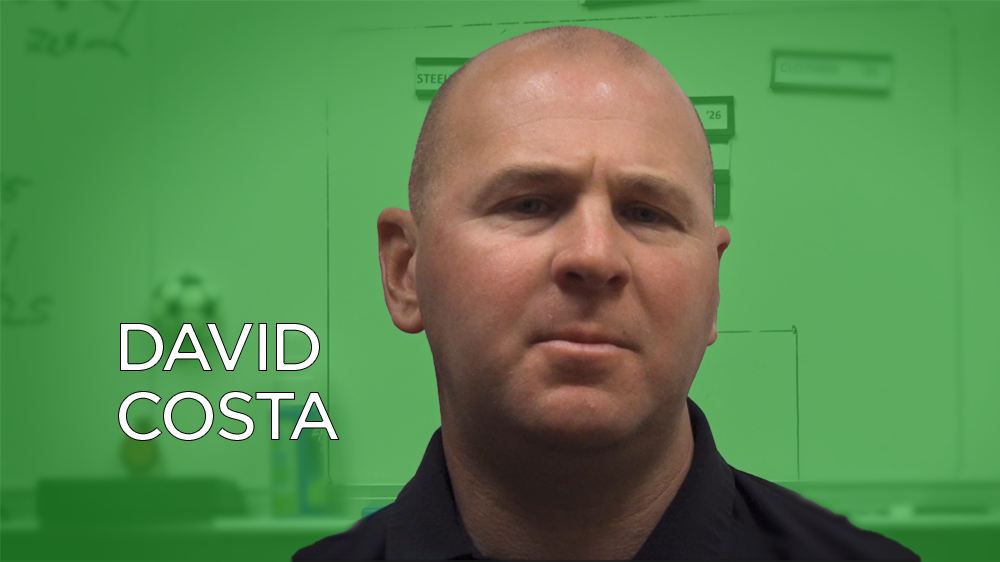Mouthguard Use and Safety
Why wearing a mouthguard while playing sports is important
Hear from sports pros on why you should wear a mouthguard
Jacob Phillips, NFL Linebacker
Belmont University Men's Soccer Head Coach David Costa
Belmont University Men's Basketball Head Coach Casey Alexander



Different mouthguard options
Any mouthguard is better than no mouth guard, but it is important to find one that you will use regularly and that does not inhibit your breathing during activity. It should fit comfortably, cover the teeth and gums, and remain securely in place during activity.
Below you will find three different types of mouthguards you can choose from.
-
Stock Mouthguard
These mouthguards can be found at almost any sporting goods store and are inexpensive. They are pre-formed and are ready to wear right out of the package. Because they are generically formed, however, they may not fit your teeth and mouth very well. These mouth guards can be bulky which can make it hard to breathe and talk while wearing them.
-
Boil and Bite
These mouthguards can also be found at most sporting goods stores and are inexpensive. These often fit much better than the stock mouth guards because they can be formed to suit your mouth. The mouthguard is boiled in hot water to soften the plastic, and then it is inserted into your mouth. As the plastic cools, it shapes to fit around your teeth. However, you may still end up with a bulky mouthpiece, and getting the boil and bite method just right can be tricky.
-
Custom-fit
You can get a mouthguard made specifically for your teeth from your dentist. The dentist will take a mold of your mouth and send it off to have a mouthguard made just for you. This requires visits to your dentist and is also the most expensive way to get a mouthguard. This mouthguard will fit you the best, which can lead to better comfort and more routine use.
How to Care for Mouthguards
To make sure your mouthguard keeps protecting your teeth, it’s important to give it some care. Mouthguards spend a lot of time in your mouth, an area that can have a lot of germs. When you take the mouthguard out, those germs can grow and the mouthguard can even become moldy. Yuck!
To take care of your mouthguard you should:
Brush the mouthguard with a toothbrush and toothpaste after every use
Soak the mouthguard in denture cleaning solution for 20 to 30 minutes one time each month
Freshen up the mouthguard by soaking it overnight in a cup of mouthwash
Transport the mouthguard in a sturdy container that has vents so air can circulate
Replace the mouthguard when it becomes too worn down
What should I do in a tooth emergency?
If you or your child experiences a tooth emergency, these steps can help save the tooth.


